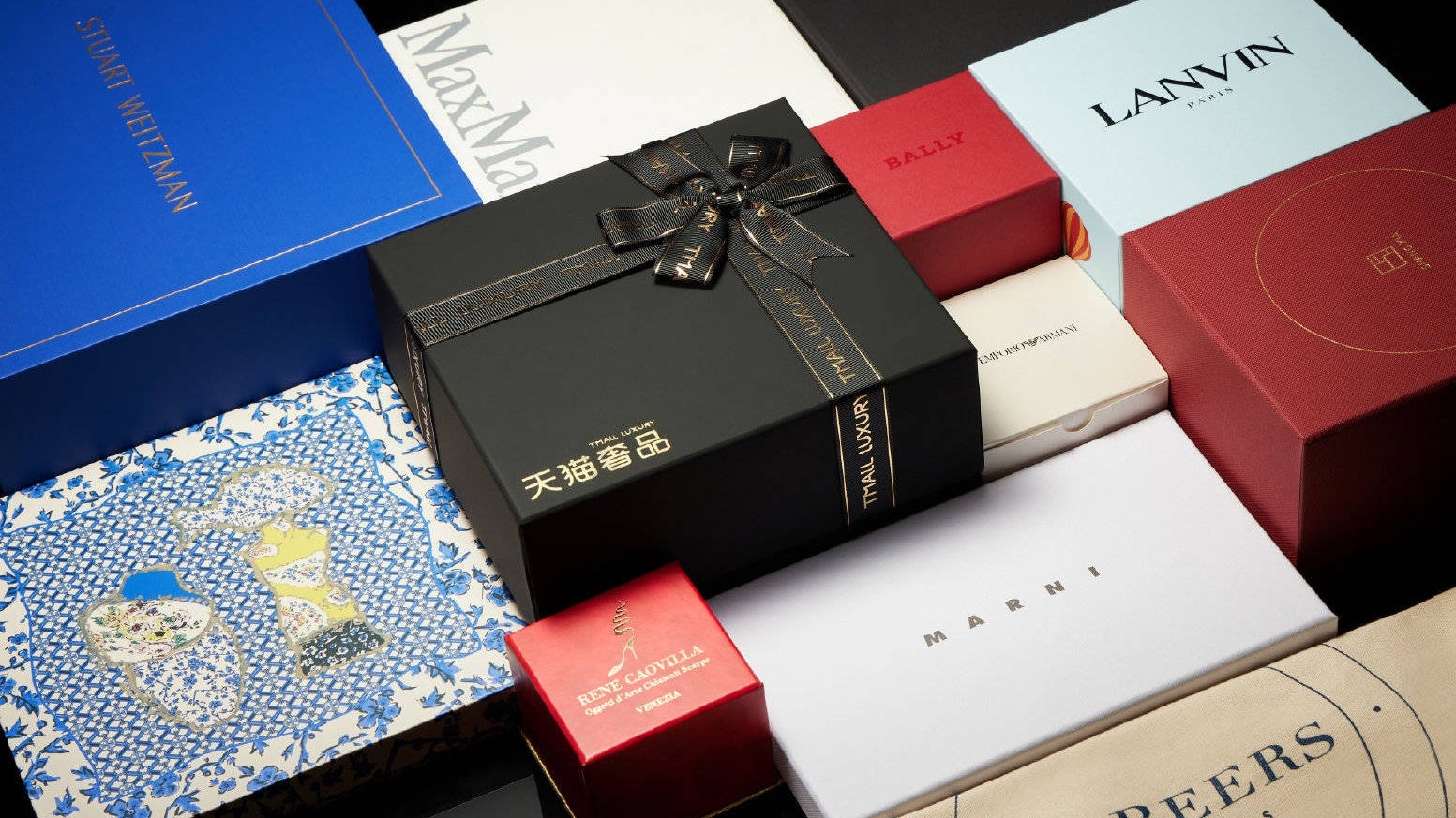What happened
Consumers living in China’s lower-tier cities and rural areas — yet untapped by luxury brands’ retail presence — are showing no less passion for premium products than urban shoppers. This is, in part, due to e-commerce giants Tmall and JD.com, which enable remote buyers to browse and shop luxury brands online. According to numbers released by Alibaba Group regarding their Double 11 Shopping Festival, between November 1st to 3rd consumers from nearly 400 cities in China placed orders on the Tmall Luxury platform. Additionally, the number of luxury spenders in China grew by more than 40 percent YoY; and the number of luxury shoppers from lower-tier cities increased close to 50 percent YoY.
The Jing Take
Is an online presence a must for luxury brands? The answer is yes. Even Bottega Veneta, which has deleted all its social media accounts earlier this year, is still keeping its WeChat Mini Program running efficiently. And Missoni, the Italian luxury brand which recently announced its expansion in the Chinese market, chose to simultaneously launch a physical and digital store.
However, it is no longer just enough to be “present” online. In China’s dynamic retail market being digitally creative and standing at the forefront of technology is becoming crucial to stay relevant to Chinese consumers who have seen it all. In fact, this year, over 30 brands have joined the interactive section on Tmall Luxury to provide an all-immersive experience to luxury shoppers through virtual try-on services, so that buyers that do not have convenient access to high-end brand’s brick-and-mortar stores can still get a feeling of luxury’s most important asset — high quality service.
A few years ago, it was thought that being present online would damage a brands’ exclusive aura, but apparently today it is no longer an option. Given this, what companies should now think is how to give a luxury touch and feel to their online boutiques.
The Jing Take reports on a piece of the leading news and presents our editorial team’s analysis of the key implications for the luxury industry. In the recurring column, we analyze everything from product drops and mergers to heated debate sprouting on Chinese social media.


